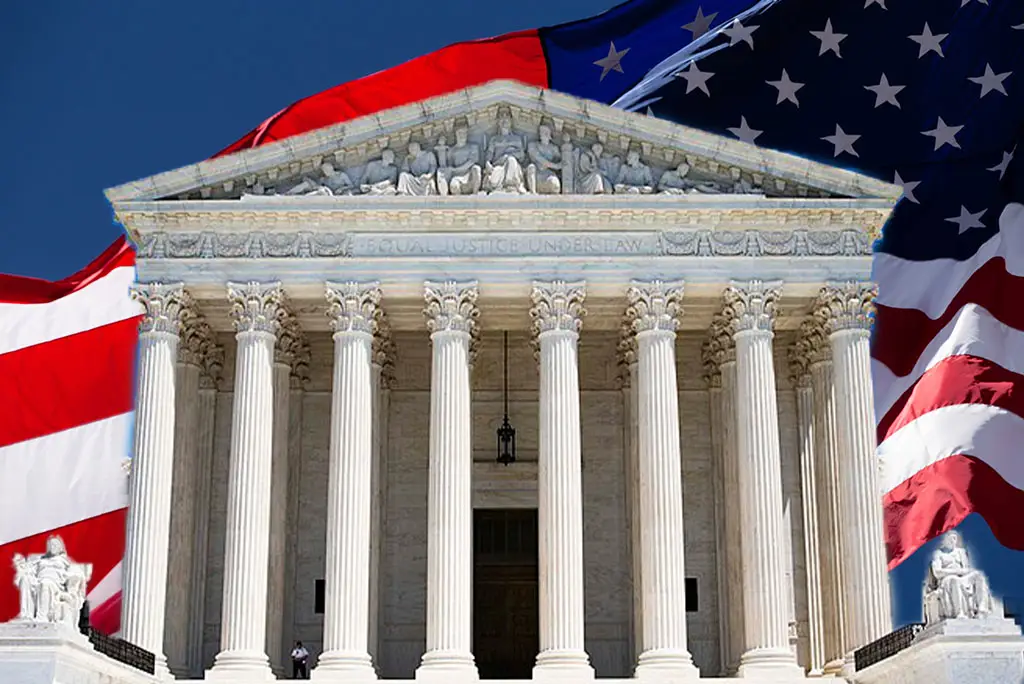Anxiously awaiting a decision, student loan borrowers may finally get clarity on whether their debt will be forgiven within a few weeks. In February, the Supreme Court heard oral arguments regarding the legal challenges against President Biden’s plan to cancel up to $20,000 in student debt. Higher education expert Mark Kantrowitz says we can expect a ruling on student loan forgiveness by early July, before the summer recess.
President Biden’s $400 billion plan to forgive student debt is under scrutiny by the Supreme Court, assessing the extent of the president’s authority to implement such a sweeping policy.
The Biden administration argues it is acting within the law. It cites the Heroes Act of 2003, which grants the US Secretary of Education power to make student loan changes during national emergencies. Opponents claim the administration is misusing the law, contending that it does not allow for an all-encompassing debt relief provision. The court’s decision will significantly impact the fate of the plan.
Impact on borrowers
The justices’ decision carries immense consequences for families, as highlighted by Thomas Gokey, co-founder of the Debt Collective. He emphasized that for many people, the outcome is a matter of life and death, potentially impacting their ability to afford basic necessities like groceries, rent, and medical bills.
If every eligible borrower applies for relief, the student loan forgiveness plan estimated by Biden will eliminate $400 billion in federal student debt, effectively reducing the country’s outstanding education debt balance from $1.7 trillion to $1.3 trillion.
According to Kantrowitz, approximately 14 million individuals, about a third of those with federal student loans, would have their balances forgiven under the president’s program. Additionally, an estimated 37 million people would qualify for some level of loan cancellation, with amounts ranging up to $20,000 for Pell Grant recipients and up to $10,000 for others.
Can IDR Account Adjustment be an alternative?
The Supreme Court focuses on the legality of Biden’s one-time debt relief plan, while other student loan forgiveness initiatives remain unchallenged. Congressional Republicans’ attempts to limit relief plans were unsuccessful, allowing programs to continue.
The Income-Driven Repayment Account Adjustment stands out as a significant initiative, offering borrowers retroactive credit toward loan forgiveness and Public Service Loan Forgiveness. Some borrowers will receive forgiveness as early as August, irrespective of the Supreme Court’s ruling, with others eligible next year. The Education Department released detailed guidance for the IDR Account Adjustment, clarifying eligibility and application procedures to facilitate program implementation. Borrowers have an alternative path to student loan forgiveness through this initiative.
Supreme court schedule
The U.S. Supreme Court heard oral arguments on Feb. 28 regarding President Joe Biden’s student loan forgiveness program. Some conservative justices appeared sceptical of the program’s arguments, which could potentially erase up to $20,000 in federal student loans.
Since the hearing, the Government Accountability Office (GAO) has declared that the debt forgiveness plan must be submitted to Congress. Republican Speaker of the House Kevin McCarthy has used it as a bargaining tool for negotiations on raising the federal debt ceiling. However, when or how the court will rule on Biden’s plan remains uncertain.
Typically, the Supreme Court hands down opinions before the court’s summer recess, which begins in late June or early July and lasts until the first Monday in October. Although there are no specific rules on timing, controversial opinions often come toward the end of the term.
The release of decisions depends on a majority of justices agreeing and signing onto the opinion. While unanimous decisions may be released as early as December, controversial ones, even if heard in October, may not be delivered until the last day of the term.
